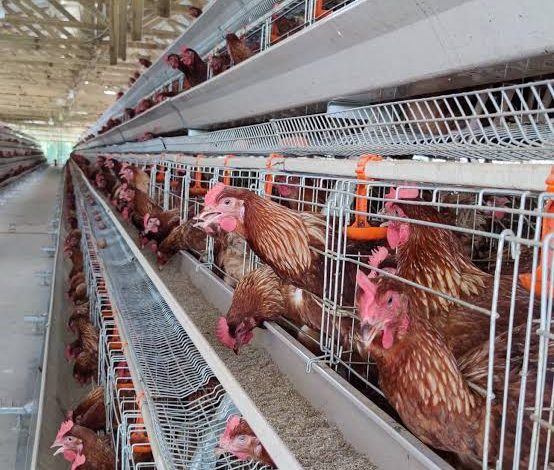Dar’s maiden Poultry Exhibition lures ten nations

DAR ES SALAAM: OVER 5000 people from within and outside Tanzania are expected to attend the poultry and captive bird exhibition scheduled to be held from October 10 to 11, 2025, at the Mlimani City Hall in Dar es Salaam.
Speaking about the exhibition, the Executive Secretary of the Tanzania Feed Manufacturing Association (TAFMA) and a member of the committee organizing the poultry and captive bird exhibition, Sufian Kyarua said the exhibition will be accompanied by training for farmers to practice modern farming.
“The goal is to ensure that our farmers increase their knowledge and expertise to ensure that they farm profitably and ensure that their products are safe for consumers.
He added, “This is the ninth exhibition we started in 2015, and we have been achieving success every year. This shows that our farmers and consumers are eager to know the products we produce.
He said that this year’s exhibition has many participants, with 62 participants from more than 10 countries in the world, and many local participants.
Kyarua noted that they have registered participants from Germany, Hungary, the Netherlands, France, Belgium, India, China, Kenya, and Morocco.
He explained that the challenges are the availability of correct education on the best way to raise chickens and make profits.
“Another is that consumers do not believe that meat chickens are kept for four weeks and reach market weight; they think that drugs are used, which is not true,” he stressed.
He said their breeding is based on three types, where the first part is genetics, which means that the chickens they raise are those that have been professionally selected, can eat less food, produce more eggs, or produce more meat.
ALSO READ: Poultry fair brings 2000 stakeholders
“The second type is those chickens that are given nutrition, and the food we produce meets their needs. We consider all nutrients, and the third is the environment they are kept in, clean and safe water, adequate air, vaccinations to ensure that instead of treating them, we prevent diseases.
He said that in the previous exhibitions, there were 4,000 people, and every year the response is great, breeders from different parts of the country will come to check out the technology.
Kyarua explained that the education they provide is for all birds that are kept, such as chickens, ducks, Kanga, pigeons, emphasizing that the market demand is increasing, so it is important to increase production.
“According to the World Health Organization (WHO), one person should eat 300 eggs, but until now, in our country, it is 106. In meat, one person should eat at least 50 kilograms, but for chicken meat, three kilograms is not enough for one person.





